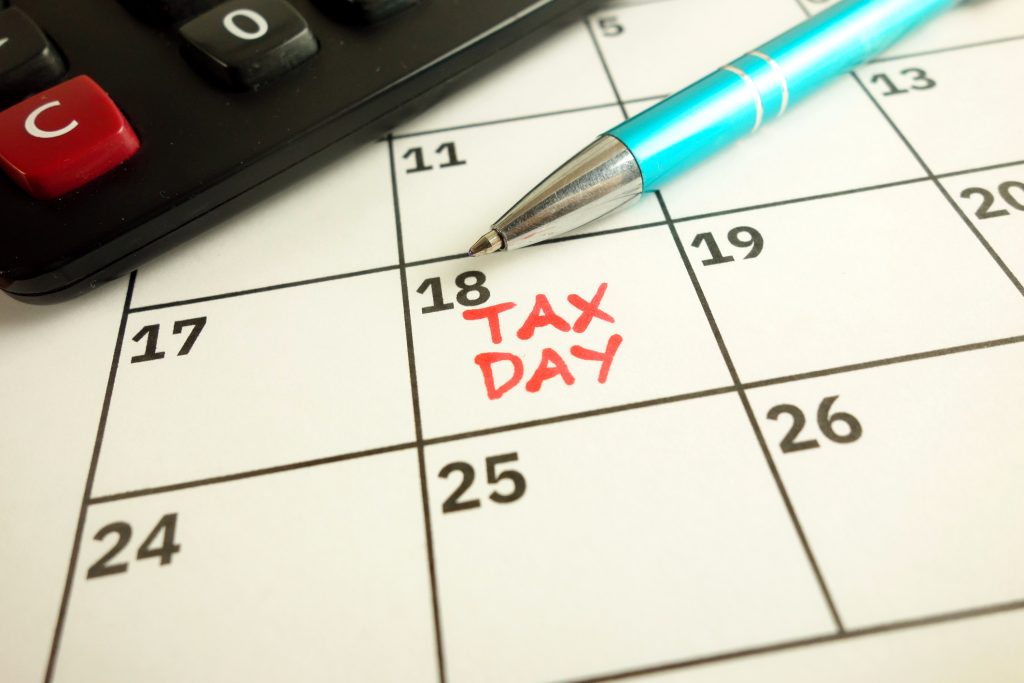
Tax Day is April 18th this year, due to the Emancipation Day holiday in Washington D.C. on the 15th. This is a good time of year to review your finances and think about your long-term tax strategy. Tax Day will be here before you know it, so know these important tax terms and start thinking about how you’ll work to lower your tax bill.
Tax Credits
A tax credit is a dollar-for-dollar benefit. It’s an amount that taxpayers can subtract directly from their tax bill. Some examples are the child tax credit and the earned income tax credit for low-to-moderate-income taxpayers.[1]
Tax Deduction
While a tax credit can decrease your tax bill, a tax deduction decreases your taxable income. For instance, a tax deduction is worth your highest marginal tax bracket, for instance, 28 cents on the dollar if you are in that marginal tax bracket. So, if you spent $100 on a tax-deductible item, you would get $28 back. Some common deductions for taxpayers who itemize are the charitable donation deduction, the mortgage interest deduction, and the home office deduction.[2]
Tax Deferral
Tax deferrals are what you see with a 401(k) or IRA, where you pay taxes at a later date. There are other ways to achieve tax deferral, such as an annuity. While deferring your taxes can be helpful, it can also potentially mean a big tax bill later on. For example, starting at age 72, you will most likely have to start taking Required Minimum Distributions (RMDs) from your tax-deferred retirement accounts,[3] which could mean a bigger tax burden.
Why You Need a Tax Minimization Plan in Retirement
Don’t forget about your tax bill – taxes could be one of your biggest expenses in retirement, even if you’re not earning a paycheck. Depending on your income, everything from your Social Security benefit to your investment gains to your retirement account distributions can be taxed. Have a plan for minimizing your tax burden in retirement, especially if you have a tax-deferred retirement account. There may be strategies you could use, like converting part or all of your traditional retirement account to a Roth IRA, bunching your itemized deduction, and using potentially tax-free life insurance proceeds. The right strategy depends on your unique situation, income, and assets, so there’s no simple one-size-fits-all solution.
We can help you create a plan tailored specifically to you. Schedule your complimentary financial info session where you can learn about us, and we can learn about you. Everyone has a different vision for their retirement, different income levels to support it, and everyone has unique tax situations. We can help you create a tax minimization strategy as part of your overall retirement plan.



